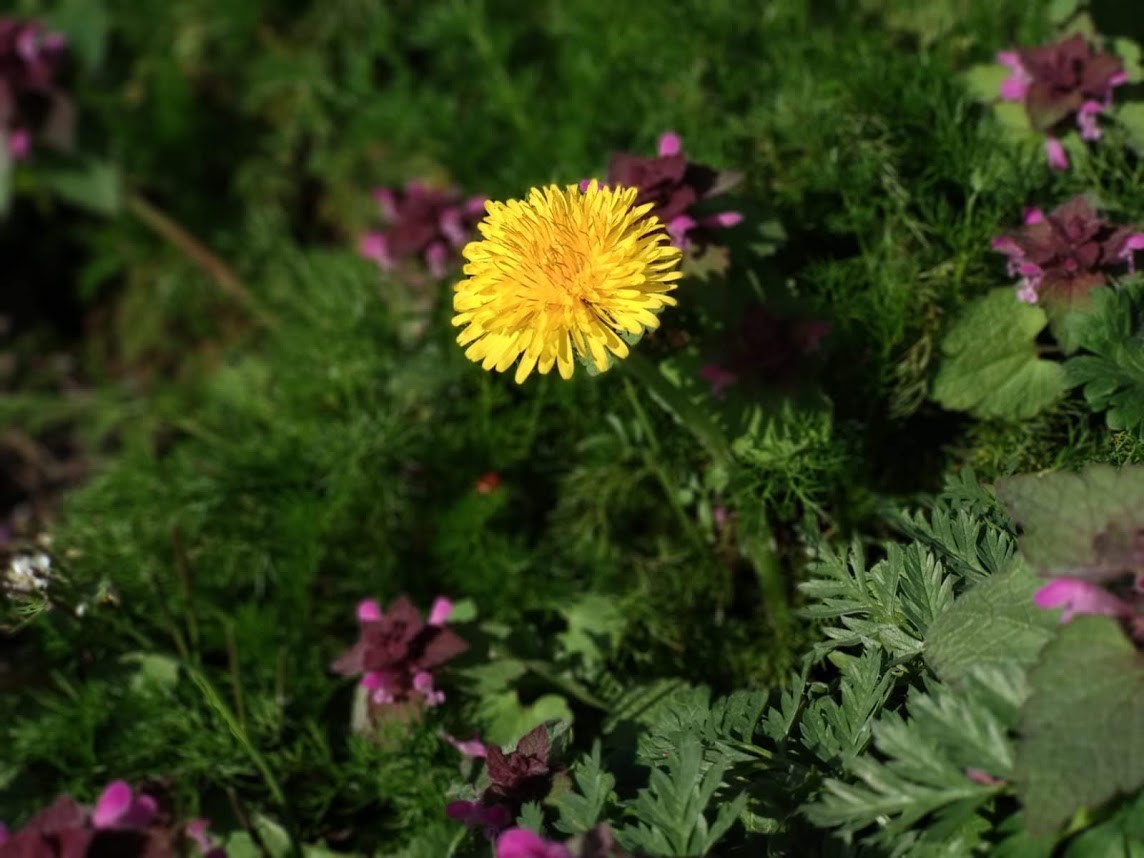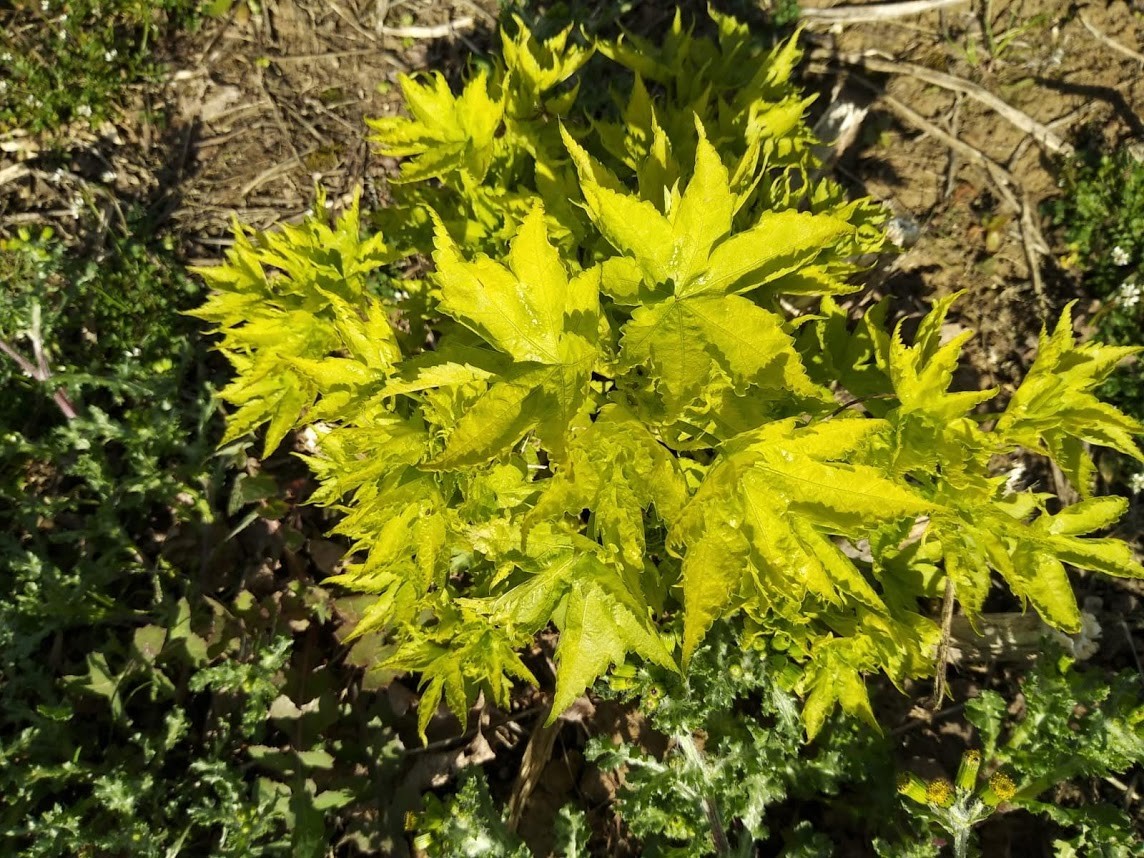Cranfield Diaries: My group project experience
24/05/2019

I have a BSc in commercial aviation, and I am currently studying a MSc in Geographical Information Management at Cranfield. Part of our course is taking part in a group project. I was ready for this, eager to dip into something new and exciting! Which is why when I saw the project sponsored by the SidaTim project, I went straight for it.
So, a little background: as a group we are tasked to analyse the financial, environmental and social impacts of Sida Hermaphrodita and Silphium Perfoliatum, two novel bioenergy crops (commonly known as Virginia mallow and cup plants), in collaboration with five other research partners around Europe: Federal Agency of Agriculture and Food (BLE) in Germany as sponsors, University of Freiburg and the 3N Centre of Experts as coordinators, while other partners include West Pomeranian University of Technology Szczecin in Poland, the Council for Agricultural Research and Economics and the Institute of Agro-environmental and Forest Biology in Italy, and us, Cranfield University in the UK. In brief, the entire project is divided into two working sections, and seven work packages, where we were tasked with three of them – and our supervisor, being a part of the core team, has regular contact with the rest of the project partners.

Halfway through the project, as we are knee deep into building models, maps, interviews and research questions, our supervisor Dr Anil Graves arranged a trip to the test site of Virginia mallow and cup plant cultivation, this gave us the opportunity to visit the experiment site in Silsoe. We saw first-hand the layout, process and results of the different strands of Sida and Silphium seed and seedlings, giving us more exposure into the characteristics of these perennial plants that we have been doing our paper on.
It was really interesting to see how different methodologies affect the growth of these different bioenergy plants, and being perennial, you could see the growth of new shoots in several part of the layouts. Therefore, we couldn’t see any flowers (yet), interestingly enough, offshoot growth of spring flowers like dandelions and nettles, which were plenty. There we have it, a day in the busy schedule of MSc students, it was a breath of fresh (spring) air. This is one of the several trips we have gone on during my Geographical Information Management MSc, it allows us to go out and gain experience in the field, while having a bit of fun as well.
Categories & Tags:
Leave a comment on this post:
You might also like…
Company codes – CUSIP, SEDOL, ISIN…. What do they mean and how can you use them in our Library resources?
As you use our many finance resources, you will probably notice unique company identifiers which may be codes or symbols. It is worth spending some time getting to know what these are and which resources ...
Supporting careers in defence through specialist education
As a materials engineer by background, I have always been drawn to fields where technical expertise directly shapes real‑world outcomes. Few sectors exemplify this better than defence. Engineering careers in defence sit at the ...
What being a woman in STEM means to me
STEM is both a way of thinking and a practical toolkit. It sharpens reasoning and equips us to turn ideas into solutions with measurable impact. For me, STEM has never been only about acquiring ...
A woman’s experience in environmental science within defence
When I stepped into the gates of the Defence Academy it was the 30th September 2019. I did not know at the time that this would be the beginning of a long journey as ...
Working on your group project? We can help!
When undertaking a group project, typically you'll need to investigate a topic, decide on a methodology for your investigation, gather and collate information and data, share your findings with each other, and then formally report ...
From passion to purpose: My journey at the Pinnacle of Aviation
By: Sultana Yassin Abdi MSc Air Transport Management, Current Student Born and raised in the vibrant landscape of the UAE, with roots stretching back to Somalia, my life has always been ...






